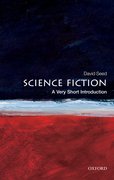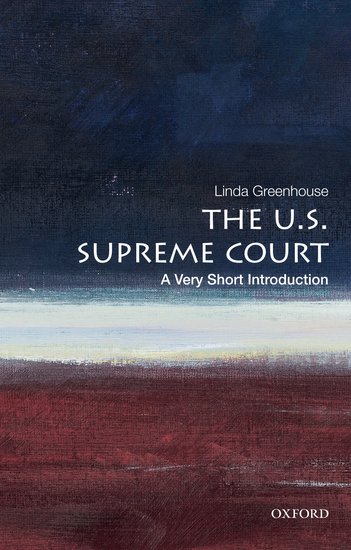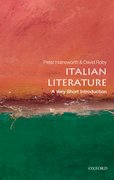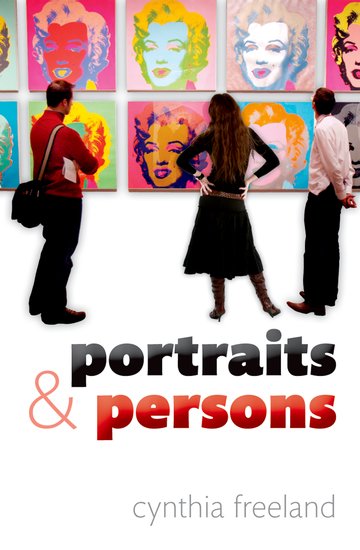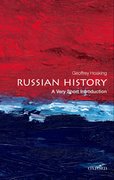By Geoffrey Hosking
After a decade of a chaotic but exhilarating democracy in the 1990s, Putin as president and prime minister has been restoring a strong state. At least, that is how we usually understand it. He has certainly restored an authoritarian state. On assuming office in 2000, he strengthened the ‘power vertical’ by ending the local election of provincial governors and sending in his own viceroys – mostly ex-military men – to supervise them. Citing the state’s need for ‘information security’, he closed down or took over media outlets which exposed inconvenient information or criticised his actions. Determined opponents were bankrupted, threatened, arrested, even murdered. He subdued the unruly Duma (parliament) by making it much more difficult for opposition parties to register or gain access to the media, and by encouraging violations of electoral procedure at the polls. Until recently, the Russian public seemed to accept this as part of the natural order.



